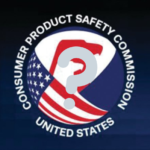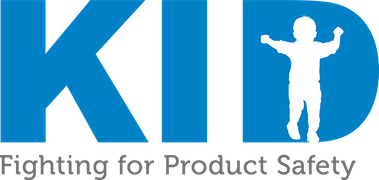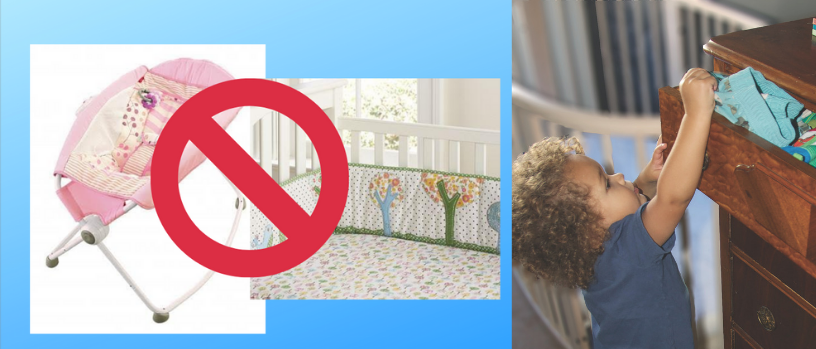 As U.S. Consumer Product Safety Commission (CPSC) Commissioner Elliot Kaye described at a recent congressional hearing, “people die because of [Section] 6(b)”. And while Section 6(b) isn’t a drug or a weapon, it is an unknown section of the law that protect companies over consumers and can be deadly.
As U.S. Consumer Product Safety Commission (CPSC) Commissioner Elliot Kaye described at a recent congressional hearing, “people die because of [Section] 6(b)”. And while Section 6(b) isn’t a drug or a weapon, it is an unknown section of the law that protect companies over consumers and can be deadly.
Although most consumers believe that they’ll receive information about a dangerous product as soon as this danger is discovered, this is not the case in the United States. Under Section 6(b) of the Consumer Product Safety Act, the CPSC cannot publicize information about a product without the company’s permission. Companies do not want information about the potential danger of their products to spread, and so they often take a long time to respond to the CPSC, as described in Public Citizen’s recent report, Delay and Secrecy- How Section 6(b) of the Consumer Product Safety Act Keeps Consumers in the Dark. This causes huge delays for information about dangerous products to spread, sometimes at the cost of human life. Moreover, it protects large companies by allowing them to withhold information about hazardous products, while these items may still be in use in consumers’ homes.
This impact of the delay caused by Section 6b can be seen recently with the Fisher-Price Rock ‘n Play. Because of Section 6b, parents were not warned of the dangers of this product, which led to over thirty infant deaths. Although the CPSC was aware of the hazards of this sleeper, they were unable to release information to the public quickly or specifically name the product without convincing Fisher-Price to allow it. This left families to believe that the products did not pose a danger to their children.
Section 6b of the Consumer Product Safety Act puts consumers at risk for the continued use of dangerous items, even when the CPSC is aware of these hazards. While it will take an act of Congress to repeal 6(b), the CPSC can act to narrow the application of the law and better protect consumers.



4 Comments
Korby Robinson
This is unacceptable. 30 children died. 30 FAMILIES left with unimaginable NEVER-ENDING LIFE LONG TRAUMATIC PAIN. This must end.